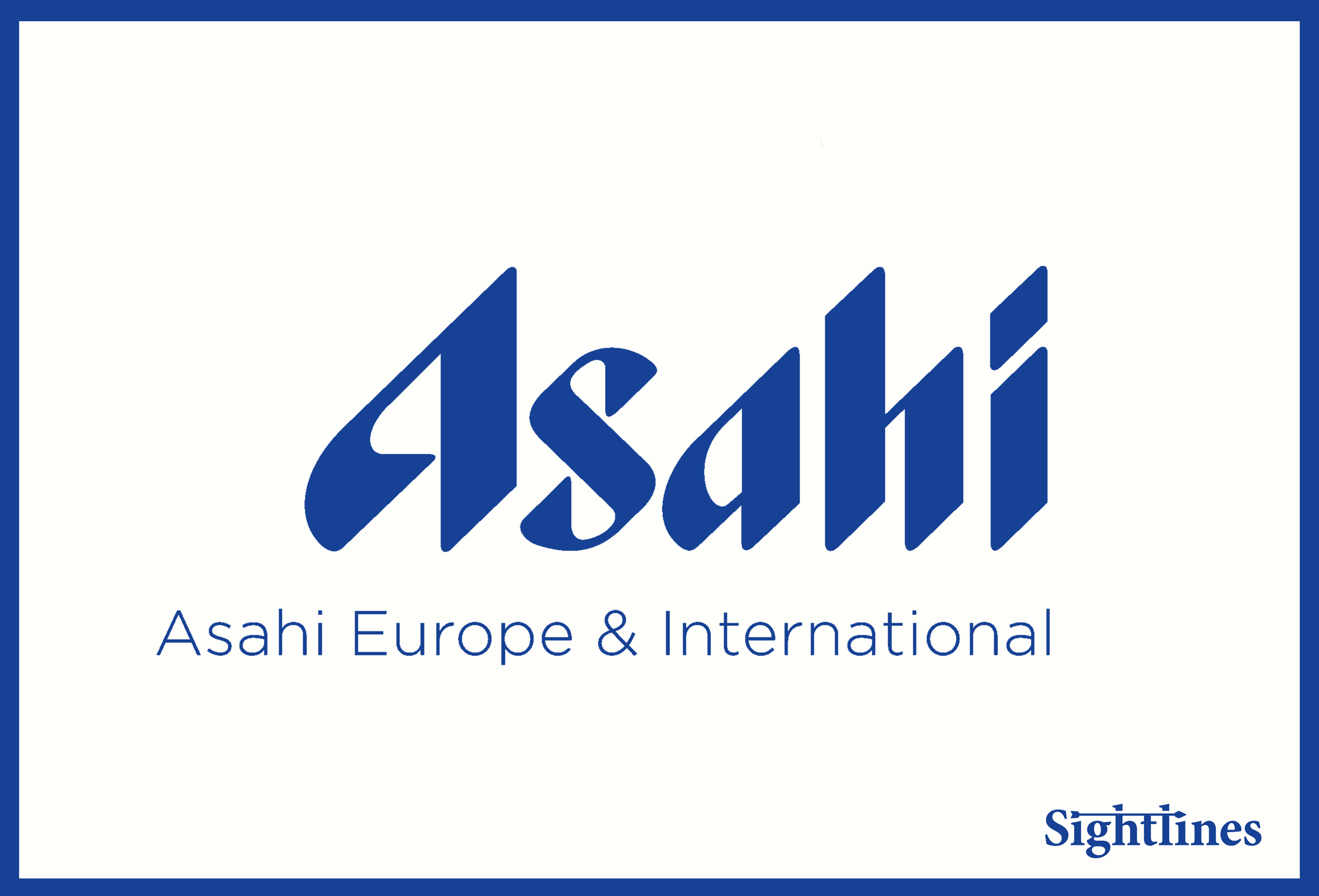THE GIST
On January 5, the Europe & International division of Japanese brewing conglomerate Asahi announced it would acquire Midwest contract brewing powerhouse Octopi Brewing, one of the largest brewers in the country that produces beer and other alcoholic drinks for third-party companies. Financial terms were not disclosed.
For Asahi, it’s a continuation of a spree of international acquisitions over the past five years, and a follow-through on the company’s hints at a “full-scale push” into North America. Waunakee, Wisconsin-based Octopi will become part of Asahi Beer USA, the U.S. subsidiary of Asahi Europe & International. Nikkei Asia reports Asahi targets roughly 700,000 cases (50,800 barrels) of production at Octopi. In the most recent estimates from the Brewers Association (BA), Octopi produced 220,000 barrels of beer alone in 2022 as the 13th largest U.S. craft brewer. That was boosted by massive growth in the early stages of the pandemic: Octopi’s production grew +443% in 2020, according to BA data. Under its new owner, the facility will brew Asahi Super Dry and non-alcoholic beer Kozel for the U.S. market, as well as other brands for distribution in Canada. This marks the first time Asahi Super Dry will be brewed in the U.S.
For U.S. beverage brands, it represents a shift in ownership for one of the most important facilities for contract brewing and co-packing in the country. With an estimated 7 million barrels of capacity, Octopi produced beer, seltzer, teas, wine, malt beverages, and THC beverages for brands large (Aldi, Trader Joe’s) and small (Energy City Brewing, Lakefront Brewing, 4 Hands Brewing Co.). According to a press release, Octopi will continue its co-packing operations and founder Isaac Showaki will remain in leadership.
Since its founding in 2015, Octopi has grown rapidly to meet the technical needs of diversified beverage brands. Today, Octopi’s volume is just 25% beer, with the rest made up of flavored malt beverages, functional drinks, and hard seltzers. Last year, Showaki characterized Octopi as serving “medium-sized” players in the beverage industry, with a typical launch being a regional or nationally available beverage selling between 50,000 and 1 million cases per year.
WHY IT MATTERS
At a time when the imported beer market in the U.S. is defined by Mexican brands, Asahi’s acquisition is a bold bet on growing its presence in North America. Japanese brands have traditionally been a footnote in the U.S.: Last year, Japan was the 15th-largest importer of beer by volume to the U.S., behind South Korea and Poland. Entering the crucial summer sales season, though, Japanese imported beer volume was up +82% through early July 2023 versus 2022’s total sales at that time. In July, Sightlines+ highlighted this segment of beer as one with strong potential for future success.
Asahi hopes to grow Super Dry sales volume by about +15% or more every year for the next six years, according to Nikkei Asia. (It’s not clear whether that growth is in North America or globally.) To achieve that, it will push harder into North American markets, which currently make up 7% of all Super Dry sales. This geography is especially critical as alcohol consumption declines rapidly in Asahi’s home market of Japan: In 2019, 7.8% of Japanese twenty-somethings drank regularly, compared with 20.3% a decade prior, according to Japanese government surveys.
Octopi’s location is critical to Asahi, which has until now lacked a production facility in North America. This has hindered its expansion into the U.S. and Canada due to freight costs and shipping time. With manufacturing capacity near the geographic center of the continent, Asahi is better positioned to serve the U.S. and Canada. A press release notes it will also support Asahi’s ambition to make its supply chain carbon neutral by 2050.
“North America is the best and largest market," Atsushi Katsuki, Asahi’s CEO, said in August 2022 as he pledged that the company would explore acquisitions in the region.
Additionally, Octopi’s diversified beverage-making capabilities are particularly attractive to a global brewing conglomerate with a wide range of products. The homepage of Asahi’s European portfolio—under which North American business falls—states this goal: “Accelerate premium growth beyond core lager, such as non-alcohol beer, RTDs [ready-to-drink beverages], and crafted beer.” Octopi’s flash pasteurizer and in-house laboratory facility are especially relevant to producing stable non-alcoholic and fruit-flavored beverages.
While Asahi’s plans for Octopi are clear, what’s less certain is what the acquisition means long-term for brands currently producing or hoping to produce beverages via Octopi. (Showaki did not respond to a request for comment before publication; this article will be updated if needed.)
Octopi has been an important partner for beverage brands looking to scale production or launch non-beer beverages without investing in expensive equipment. For many breweries large and small, diversifying offerings beyond beer will continue to be critical as core beer sales volumes decline. Showaki told the Brewing Industry Guide in April that Octopi had fielded inquiries over the prior two years from all of the Brewers Association’s top-10 largest craft breweries regarding non-beer products.
“Breweries are looking at how they can increase their margins and do something different,” Showaki told the Brewing Industry Guide “Now, they cannot just think that craft will grow forever.”
Jerard Fagerberg contributed reporting.


